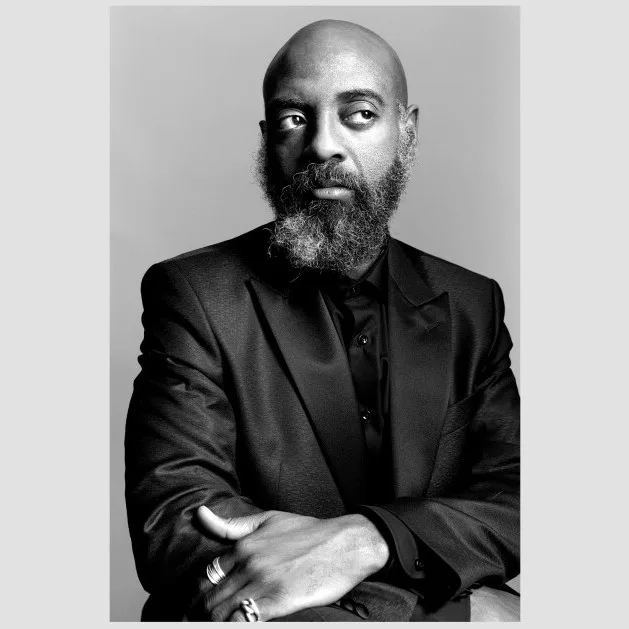In a recent discussion, poet and advocate Reginald Dwayne Betts highlighted the profound impact of literature on incarcerated individuals. Betts, who has extensively researched and experienced the prison system, emphasized how books can be a source of hope and empowerment for those behind bars. He stated, “Books are a threshold into the world. They can open up the universe to people held captive.” Betts founded the nonprofit organization ‘Freedom Reads’, which aims to provide high-quality literature to those in prisons across the United States. “Our goal is to build libraries in places where there are none, to create spaces filled with books, and to foster a love of reading,” he explained. Betts also shared his own experiences as a teenager in a maximum-security facility, where he discovered how transformative reading could be, influencing his journey toward becoming a respected writer and advocate. He believes that access to books is not just a privilege but a fundamental right that can guide rehabilitation and reintegration into society. The importance of forgiveness was also a crucial theme in discussions surrounding prison literature, as highlighted in a New York Times opinion piece. The article points out that embracing forgiveness, both for oneself and for others, can pave the way for emotional healing and lead to a more humane prison system. This juxtaposition between personal empowerment through literature and the larger themes of redemption and forgiveness encapsulates the complexity of the prison experience and the potential for change through reading.
The Transformative Power of Literature in Prisons: Insights from Reginald Dwayne Betts













